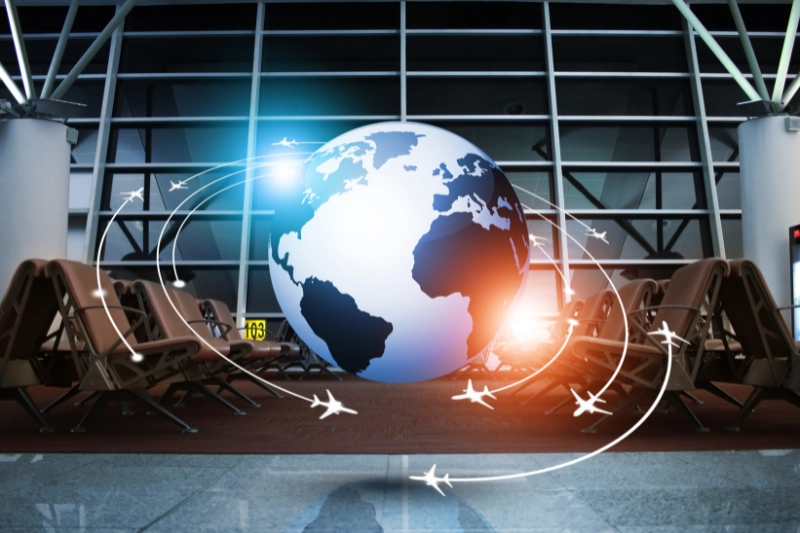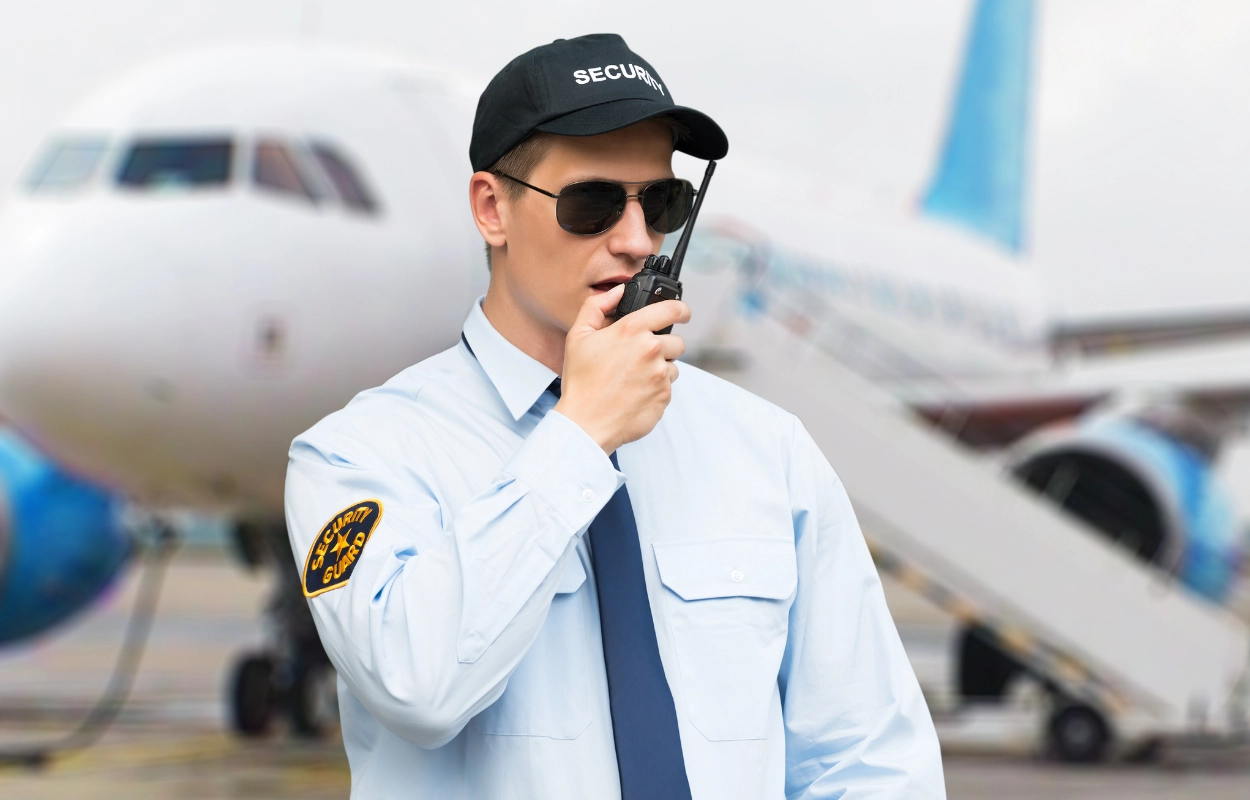Employing the right individuals is not enough for aviation companies. They have to make sure that operations are running smoothly in a safe and secure manner. Though it is a complex approach, it tackles both internal and external threats, and they are required. Background checks are still a vital part of aviation security, but they are not enough on their own.
The Limitations of Background Checks in Aviation
There are many airline security programs that believe background checks are very important, the first and last line of protection for everyone who is there. It is important to have a verification of education, employment history, criminal records, and, in some situations, there also must be checks for financial and drug tests.
But background checks don’t reveal a person’s risk in the moment. They only give a slight idea of the person’s past. They don’t take into consideration things like insider threats. Such as from reliable staff members, radicalisation that happens after employment, or poor decision-making that happens under pressure. To put it simply, a person who has a clean record now could unfortunately be a major threat tomorrow.
A study conducted by TSA in 2015 found that insider threats were responsible for 27% of aviation security breaches.
Aviation Security in a Complex Ecosystem
There are many connections within the aviation industry. Tens of thousands of people work in the industry. From baggage handlers and caterers to maintenance specialists and air traffic controllers, they may work at a single airport. Many have access to sensitive things such as systems or secure areas. Even small security breaches can have big consequences in such a dynamic setting.
Background checks by themselves are no longer enough due to this complexity. Organisations must have several layers of protection that go through the whole workforce and operational chain as to make sure of order to guarantee strong aviation security.

The Role of Technology in Modern Aviation Security
The best defence, according to the International Civil Aviation Organisation (ICAO), is a multi-layered approach to security. Integrating behavioural, digital, and physical monitoring systems is part of this.
Cybersecurity is one area that is becoming more and more important. Data and IT infrastructure protection become crucial as aviation systems get more interconnected. Digital platforms are used by airports and airlines to handle everything from maintenance to flight scheduling. However, whether an employee reuses weak passwords or is susceptible to phishing attempts is not disclosed by a background check.
Businesses are filling these holes by putting in place safe authentication methods, offering cybersecurity education, and keeping an eye out for strange activity on networks. These steps guarantee that physical dangers and digital weaknesses are handled simultaneously.
Smart Access Control and Behavioural Analytics
Smart access control systems are another development in aviation security. Biometric techniques like fingerprint scanners, facial recognition, and behaviour-based identification are replacing or supplementing traditional badge-based systems.
Real-time employee movement tracking is provided by these solutions, which also highlight unusual access patterns. Security personnel are alerted right away, for example, if a staff member tries to enter a restricted area at an unexpected time or behaves differently than usual. These technologies provide real-time knowledge without interfering with activities, and they operate quietly and effectively.
Extending Security Beyond the Terminal
It’s crucial to remember that airport security doesn’t start and finish at the airport. Potential hazards include supply chain logistics, ground services, cargo handling, and aircraft maintenance. Seasonal labour, contractors, and outside vendors are frequently included in the larger aviation workforce and are subject to the same regulations as full-time staff.
Nowadays, a lot of aviation businesses expand their vetting procedures to include subcontractors and carry out routine audits. This guarantees the security of each link in the operating chain when paired with digital access control and on-site video.
Regulatory Guidance and Industry Trends
A proactive, data-driven approach to security is being promoted by regional and international aviation organisations. The Transportation Security Administration (TSA) and the European Aviation Safety Agency (EASA) both place a strong emphasis on risk-based tactics that change when new threats arise. The following practices are supported by these frameworks:
- Intelligence sharing across aviation networks
- Periodic reassessment of employee risk profiles
- Industry-wide reporting channels for suspicious behaviour
- Security awareness training at all organisational levels
By using these strategies, businesses are fostering a security-first culture that promotes long-term growth in addition to fulfilling compliance requirements.
Building a Culture of Awareness and Resilience
One department is no longer alone in charge of security. Engagement from frontline staff to executive leadership is necessary for a truly secure aviation environment.
Programs for ongoing education and training assist employees in spotting odd behaviour, understanding how to handle potential risks, and making efficient use of new technologies. In order to give team members a secure means of voicing issues, many businesses also offer anonymous reporting methods. Due to these cultural changes, alertness is promoted, and awareness is taken for granted.
Preparing for the Future of Aviation Security
Aviation firms may lower risk, increase operational resilience, and stay ahead of new threats by adopting a layered, intelligence-led architecture. This entails integrating cybersecurity, biometric access control, real-time monitoring, background checks, and ongoing staff screening into a single, integrated approach.
The Future of Aviation Security Lies Beyond Background Checks
Aviation security needs to be viewed as a continuous process rather than a one-time certification in the dynamic world of international travel. Background checks should be the first step in a thorough, multi-layered security system, even though they are still crucial.
Since trust, safety, and performance are all closely related, progressive aviation companies are already making investments in integrated initiatives. Aeroates plays a pivotal role by offering tailored HR outsourcing, payroll management, compliance services, including continuous background checks, and strategic consultancy designed specifically for aviation. By emphasising an organisational culture built on vigilance, leveraging technology, and embedding ongoing risk management, aviation stakeholders can create a more robust and secure future for everybody.
